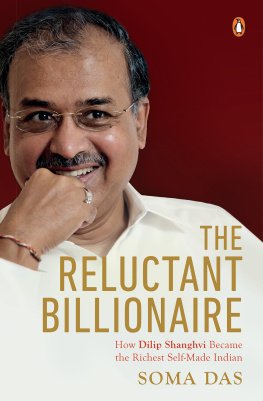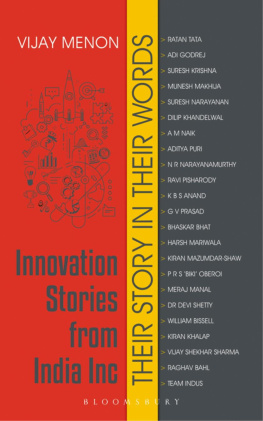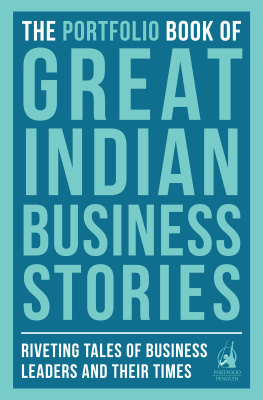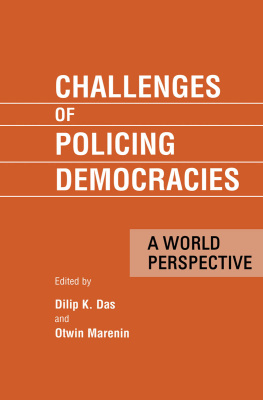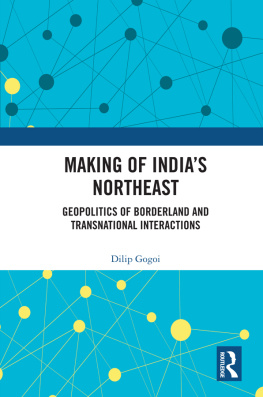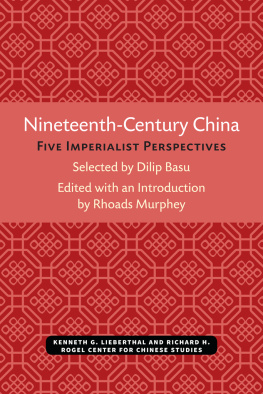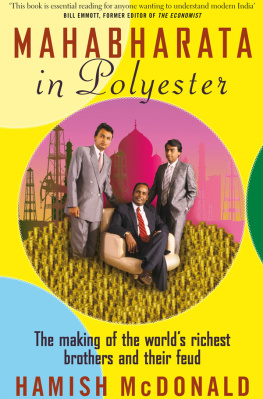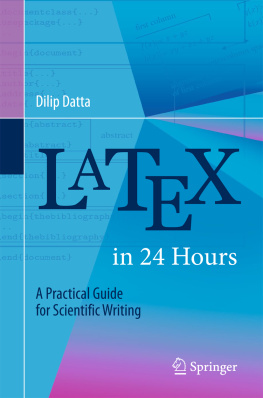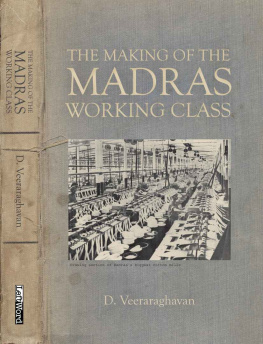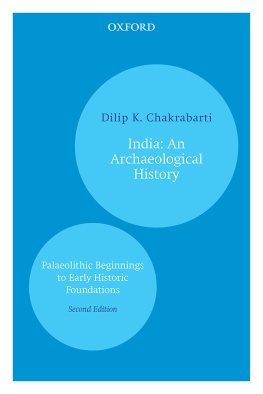Introduction
Should a story be told when the subject is unwilling? Maybe not if its an ordinary story of a private person, or maybe yes if its in the guise of fiction where it is easy to speak the truth. But what if the story happens to be of a man who arose from the anonymity of a small wholesaler to become the richest man in a country of a billion-plus people and as many dreams? And he did so, not by creating a conglomerate, which depends on cronyish connections and government concessions, but by building a global firm focused only on making medicines. Isnt his story more than just his, a story that belongs to a generation, a nation?
And when he became the richest man of the country in 2015 and was asked how he felt, he replied, Uncomfortable, very uncomfortable. Despite living what could be argued as one of the most remarkable life of his generations, his mind feels like a black box.
Dilip Shanghvi is one of the most interesting and least understood business minds of India today. For someone, unschooled in degrees of sciences and management, who worked his way up from a tiny shop in the bylanes of Dawa Bazaar in Calcutta of the 1970s to create one of the countrys most valuable enterprises, he is also one of the least documented and least studied capitalists.
One reason behind this is his own unwillingness to share his story. He doesnt care about being celebrated, and stubbornly disapproves, even casts off attempts to document him. Another part is because with no drama, no modulation in pitch, few words and fewer expressions, he neither fits the bill of a conventional inspiring pin-up business leader nor does he make for a great colourful flamboyant story. It is easy to miss the intensity of someone who is more presence than personality.
What compounds this conspicuous absence from mainstream is a past yet unsearched but which, on the surface, doesnt show up juicy controversies to merit an investigation, and a lifestyle that could appear normal enough to be boring. No wonder the media was ready to spare him the limelight he so avoided. From time to time, when the need arose, he was profiled with a few recycled facts thrown inthat he borrowed 10,000 rupees from his father to start his firm Sun Pharma with two medicines for psychiatry and that in his sixties now, he is a fan of Harry Potter books. What happened in the interim was left to the imagination.
This un-deliberate arrangement of mutual disinterest worked fine till one daythe maths of life changed it all. That day in March 2015 his net worth crossed that of Mukesh Ambani and he was pronounced Indias richest man. The country was curious to know who this guy was, how he had done it.
If the search and discovery had been so easy, answers to these questions wouldnt have remained so elusive.
Shanghvi, known to shun press conferences, interviews and parties expressed his unwillingness for this book when approached initially. You will probably put my face on the cover and I would be recognized by many more people on the streets and thats always a problem. It takes away from my freedom.
Your life has become such that theres no more a question of whether a book would be written on it. The only question is who would and how, I replied, not knowing whether he knew at the time that three other books on him were at various stages of being commissioned. Once he knew that we (the publisher and I), were going ahead with the research on the subject, he agreed to give access to friends and company colleagues to the extent that he had never before done. And in hindsight, without these people he allowed access to, the book couldnt even have scratched the surface of his life.
But we are not hardwired to see such acts of out-of-character generosities, particularly coming from top-league wealth creators, without feelings of scepticism and obligationall at once. Battling this contrast of emotions, I tried to explain to him the fundamentals of the project, to clear expectationsthat the narrative would try to recreate the human story of his enterprise, which would mean, at times, getting into the messy and sensitive zones of his life, such as the first set of founders among his friends who formed the company, and what happened to them. To my relief, he responded, You must know that everyone is a sum-total of their positives and negatives. And I dont think hiding the negatives and only highlighting the positives would be valuable for your readers.
Did it roll from here on, the project? Or was it just the beginning of true challenges?
In July 2016, one year into my research, Shanghvi sat across the table, his polite and firm self but still wearing his inhibitions, claiming he didnt remember many of these anecdotes I had gathered from family, friends and associates, and co-passengers of his life. There were moments when I felt he tried to lower that guard and wasnt able to or chose not to as an afterthought. A silent third one, cold and correct, and unemotional, witnessed the conversation in the conference room: the tape recorder. But did it record the moments of my wordless disappointments, did it record where Shanghvis silences spoke louder than words? Unfortunately, you cannot quote silence.
In my flight back to Delhi that night, a little upset, my inner voice was chattering, The idea is not to change the person, the idea is to understand him. If being private is his nature, the subject cannot change himself just because a book on him is being written. I had seen fleeting glimpses of that struggle in himhis wish to not disappoint me, but his inability to open up any more in front of a stranger than what was required. If the only approach today is to understand his journey from his co-passengers, so be it. We wouldnt achieve what we set out to, but we may still achieve what is best possible as of today, and that is more than what we knew yesterday. Later I was to qualify that inner banter as an insight. Did it roll on from there?
Not once did I feel that Shanghvi tried to block my creative freedom as I interviewed over 150 of his friends, extended family members, rivals, present and former aides and business associates. As for Shanghvi himself, did he live up to the reputation of being Mr Consistent through the project? Was there a breakthrough and did he open up? Or did he remain what he promised at the outsetUnwilling and Cooperating? Read on.
Dramatis Personae
- Aalok Shanghvi: Dilip Shanghvis son
- A.B. Patra: Well-known psychiatrist of West Bengal
- Abhay Gandhi: He rose through the ranks of Sun to become the CEO of the India market and then CEO, North America.

